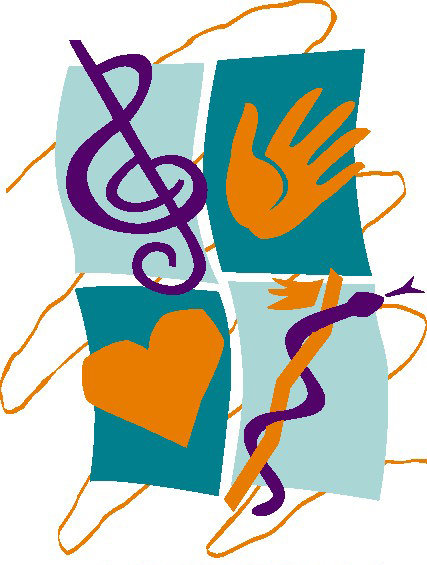‘Art therapy’ to help people with disabilities in Iran

TEHRAN — Iran’s Welfare Organization has initiated art therapy programs for people with disabilities to help improve their mental and physical health, director for rehabilitation department of the organization has said.
Currently some 400 rehabilitation centers for people with disabilities affiliated with Iran’s Welfare Organization are taking advantage of the therapeutic benefits of drawing and painting since last year (March 21, 2015 to March 19, 2016), Zahra Noparast said, IRNA news agency reported on Tuesday.
Additionally, Noparast stated, music therapy is also being given to the people with disabilities in rehabilitation centers in provinces of Hamedan and Kordestan and soon the program will develop in other provinces nationwide.
Some 403 staff working at the centers are already trained for painting therapy and some will be trained for music therapy as well this year, she added.
She went on to say that music therapy is for all people with disabilities but is most specifically meant for those suffering mental disabilities.
Inquired about the kind of musical instruments used in the therapy sessions Noparast explained that they would most probably use harmonica and xylophone.
The services are being offered free of charge by Iran’s Welfare Organization but the private sector is also offering the same services to families who can afford the costs, she pointed.
She further said that some 50 million rials ($1,400) is allocated to each center for music therapy programs including staff training costs and purchasing the musical instruments.
There are some 1,000 rehabilitation centers in the country that are giving services to some 1.2 million people with disabilities recognized by Iran’s Welfare Organization.
Art therapy is a mental health profession in which clients, facilitated by the art therapist, use art media, the creative process, and the resulting artwork to explore their feelings, reconcile emotional conflicts, foster self-awareness, manage behavior and addictions, develop social skills, improve reality orientation, reduce anxiety, and increase self-esteem.
MQ/MG

Leave a Comment